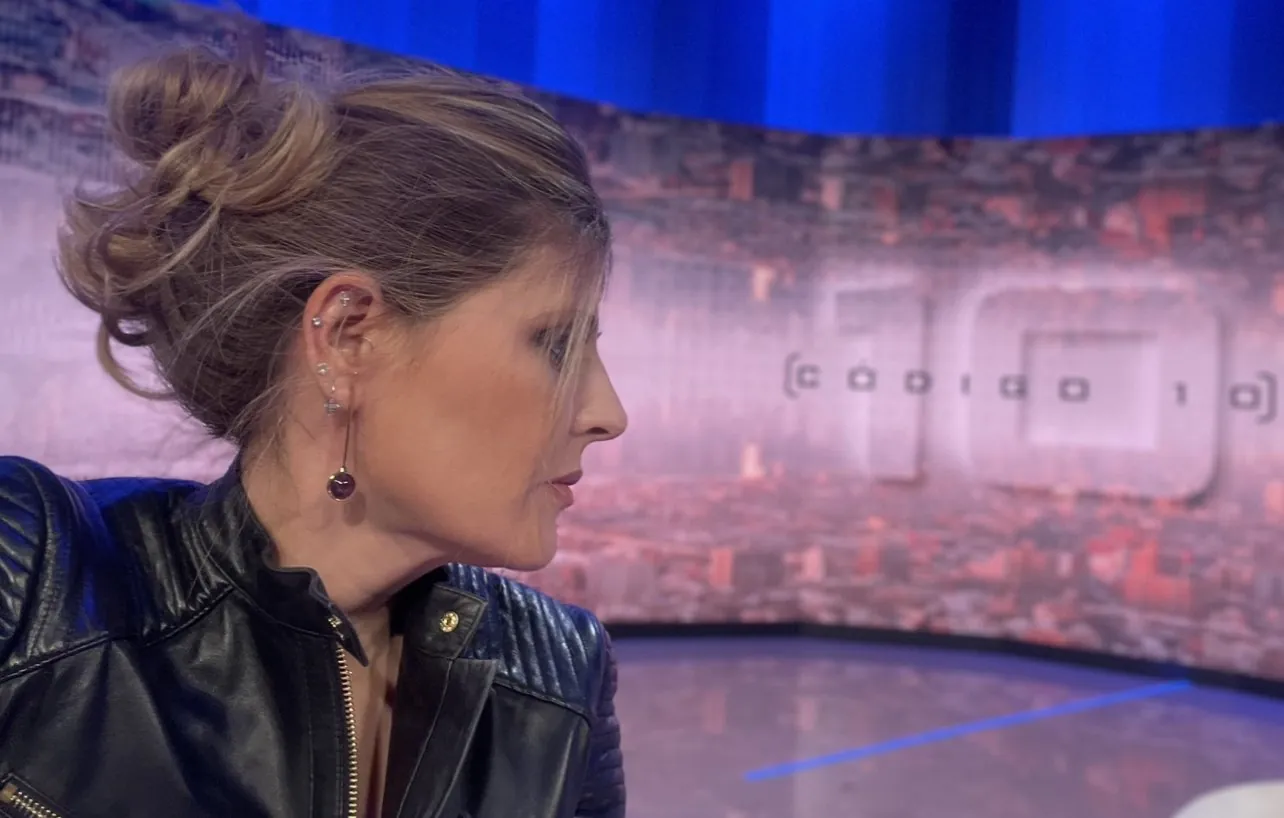
Right to Honour, Privacy and Self-Image v.s. Right to Freedom of Expression and Information
At Bárbara Royo we have a team of lawyers who are experts or specialists in the protection of the Right to Honour, Privacy and Self-Image, as well as in the protection of the Right to Freedom of Expression and Information.
We take charge of all those processes in which an unlawful interference with the rights to honour, privacy or one’s own image has been committed, both in the civil and criminal sphere.
What is the scope of these rights?
These rights are recognised in our Constitution. Specifically, Article 18 of the Spanish Constitution establishes that “the right to honour, personal privacy and one’s own image is guaranteed“.
The Civil Code protects these interests, finding its normative development in Organic Law 1/1982 of 5 May, on “civil protection of the rights to honour, to personal and family privacy and to one’s own image”.
However, there are occasions in which illegitimate intrusions into these rights are so intense that criminal law must come into play, through the criminal offences of slander and libel (art. 205 and 208), discovery and disclosure of secrets (art. 197), blackmail (art. 171.2 and 3), breaking and entering (art. 202), among others.
The political-criminal question focuses on the confrontation of these rights with the right to freedom of expression (art. 20 C.E.); especially in the use made of this right by information professionals. This right is also guaranteed in our Constitution, but with limits, as stated in Article 20, which clearly states that this freedom is limited by respect for the rights to honour, privacy and one’s own image. The right to freely communicate or receive truthful information by any means of communication is shown to be the most appropriate channel for confronting public opinion and contributing to the promotion of political pluralism and, therefore, it fulfils an essential function in shaping the Social and Democratic Rule of Law, since the media inform citizens of news related to human life and social coexistence. The problem arises when such information negatively affects the honour, privacy or self-image of one or more persons, even when the information is truthful and objective.
Therefore, for the right to freedom of expression and information to function as a ground of justification that tips the balance in its favour, information must contribute to the formation of public opinion on matters of interest to the community at large, so that it fulfils its function of guaranteeing that political institution, which is fundamental in a democratic state.
Furthermore, it is required that those exercising the right to freedom of expression and information provide truthful information. Truthfulness must be verified ex-ante. Therefore, truthful information is any information that has been carefully checked and verified before being published or disseminated.
Finally, it is required that the expression of opinion or information, by its very form, is not manifestly libellous or slanderous. In fact, according to our Constitutional Court, “Expressions or manifestations which lack any connection with the thought being expressed or the information being communicated, or which are formally insulting or derogatory, cannot be understood to be protected by the freedoms of expression and information, and this is equivalent to saying that these rights do not authorise the use of insulting appellatives used for the purpose of disparagement, since the Constitution does not recognise, nor admits, the right to insult”.
At Bárbara Royo we have in-depth knowledge and expertise in handling the options available in relation to the different situations in which each of these rights are affected, choosing the most appropriate for the specific case. It will not always be possible to choose the criminal route, even if the client prefers it, and yet there are situations in which this is precisely the most appropriate way forward.

